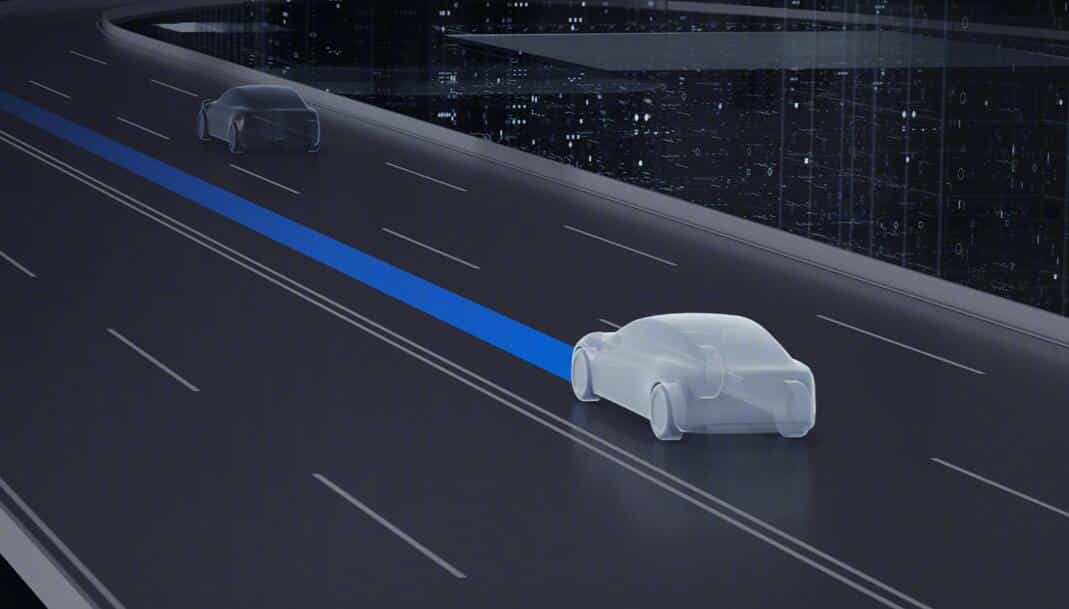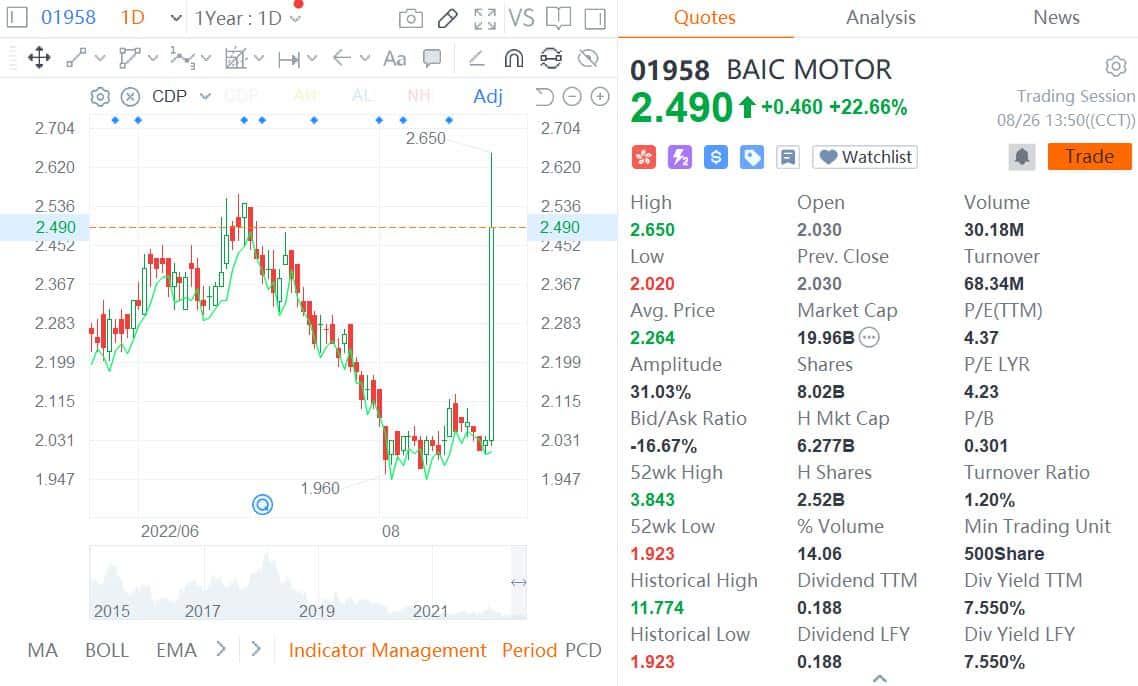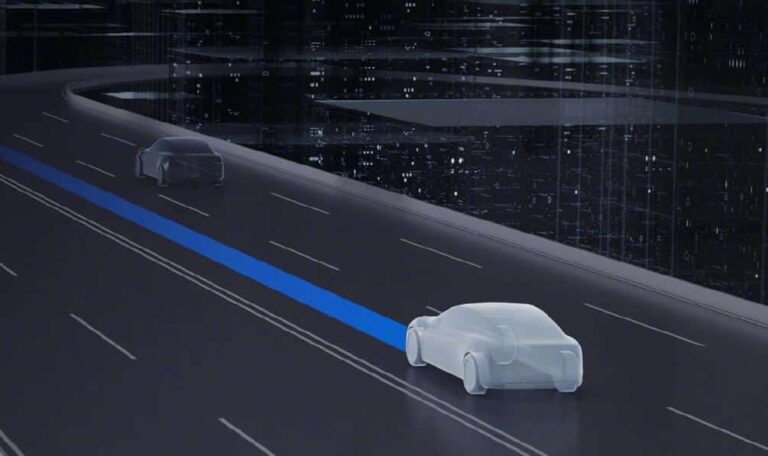The partnership could see vehicles built by BAIC and co-branded with Xiaomi, according to Bloomberg.
(Image credit: Xiaomi)
Xiaomi is reportedly in talks with a local carmaker to build electric vehicles (EVs), as the smartphone giant's process to qualify for independent production is delayed.
Xiaomi is in talks with Beijing Automotive Group Co (BAIC Group) about a partnership to produce EVs and is exploring different options, including Xiaomi buying a stake in the Beijing Hyundai No. 2 plant, which has the full license to produce cars in China, Bloomberg said today, citing people familiar with the matter.
Xiaomi is eyeing a production partnership as it faces delays in getting a license to produce cars independently, according to the report.
The partnership could see vehicles built by BAIC BluePark New Energy Technology Co, an A-share listed subsidiary of BAIC Group, and co-branded with Xiaomi.
While the aging No. 2 plant would require significant upgrades to produce EVs, BluePark's production capacity could be used to produce Xiaomi-BAIC vehicles, the report said.
Founded in 2002 as a joint venture between Beijing Automotive and South Korea's Hyundai Motor, Beijing Hyundai was the first Sino-foreign joint venture in auto production to be approved after China's accession to the WTO.
BAIC and Hyundai opened the second Hyundai plant as part of their joint venture in 2008.
However, losses from the joint venture could continue to drag down BAIC's earnings, with the partnership's sales recovery hampered by its budget car brand image while the plant struggles to exceed 50 percent utilization, the Bloomberg report noted.
From April 2019, the No. 1 Hyundai plant ceased production. The plant was acquired by Li Auto last year and is being converted into a new manufacturing site for the company.
Xiaomi officially announced on March 30 last year that it was joining the car-making bandwagon, saying its initial investment in the car business was RMB 10 billion ($1.54 billion), with an expected investment of $10 billion over the next 10 years.
At the end of November last year, Xiaomi signed a contract with the Beijing Economic and Technological Development Area Management Committee to build a headquarters base for its auto business and its sales and R&D headquarters in Yizhuang, and will build a car factory with an annual production capacity of 300,000 units.
The plant will be built in two phases, with annual production capacity of 150,000 vehicles in the first and second phases, respectively, an announcement at the time said, adding that Xiaomi's first car is expected to roll off the production line and achieve mass production in 2024.
But Xiaomi's EV project is facing difficulties getting regulatory approval and has been discussing permits with officials at the National Development and Reform Commission for months without success, according to a July 29 Bloomberg report.
While some Xiaomi executives hope authorities will eventually give the green light to the EV project, others fear the process will delay the company's plans, according to the report.
The longer it takes to get a permit, the bigger the lead Xiaomi's rivals gain, the report said.
China has been stepping up its scrutiny of the electric vehicle industry, after a rush to the sector led to a series of high-profile bankruptcies.
Many of the new Chinese car makers that have formed in recent years have been able to produce cars by acquiring companies that previously had car-making credentials, while others have partnered with existing car companies, such as Nio with JAC and Jidu Auto with Geely.
As of press time, BAIC Motor, a Hong Kong-listed subsidiary of BAIC Group, is up more than 20 percent.



